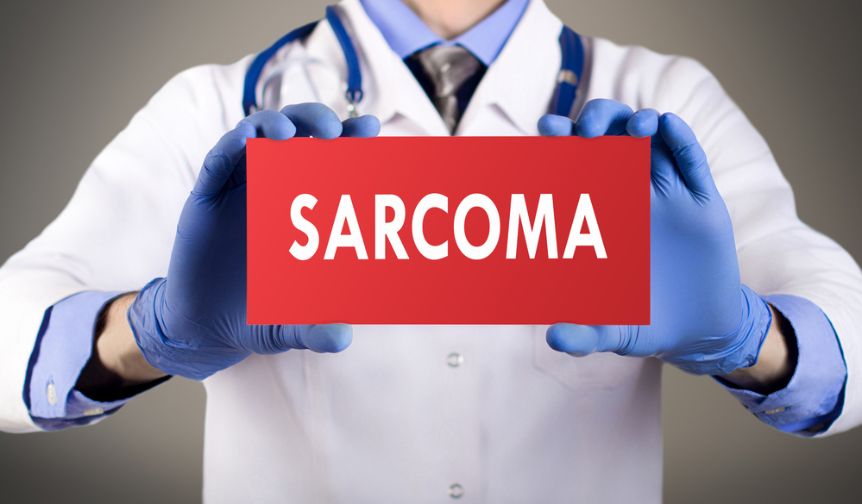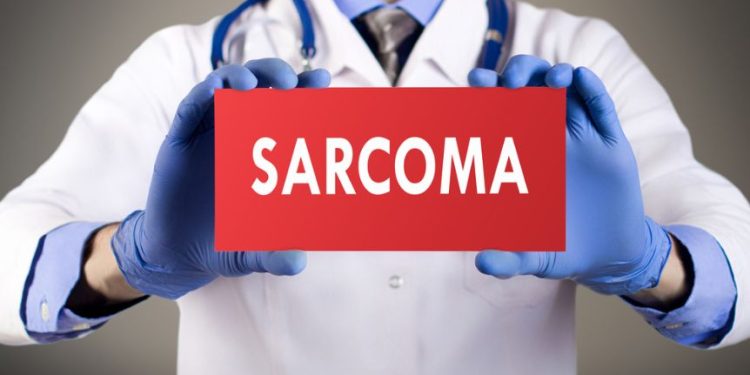Sarcoma cancer is a rare form of cancer that occurs when there are changes (mutations) in the genes that control normal cell functions. These mutations may prevent the genes from telling cells to grow and divide normally or to die when they should. Cancerous cells then accumulate and can grow out of control, forming tumors in the body. Cancer can also spread to other parts of the body through the bloodstream or lymph nodes.
There are several different types of sarcoma cancer. The most common are soft tissue sarcomas, which grow in fat, muscles, nerves, blood vessels and deep skin. Bone sarcomas grow in bones and cartilage, while benign sarcomas are usually in connective tissue around joints.
The causes of sarcoma are not fully understood. However, some people are at a higher risk for developing these cancers than others. This includes those who have inherited genetic syndromes that increase the risk for certain types of cancer. Inherited tumor-predisposing syndromes include familial retinoblastoma and neurofibromatosis type 1. Long-term swelling of the arms or legs, called lymphedema, may also increase the risk for developing some types of sarcoma.
Most sarcomas start in the arms or legs, but they can occur anywhere in the body. They may grow slowly and cause pain or no symptoms at all, or they may grow quickly and affect other tissues or organs. Some sarcomas grow so fast that they break through the skin and enter the bloodstream or lymph nodes.

Doctors diagnose sarcoma by taking a sample of the cancerous tissue for testing. They can do this through a biopsy or by examining the area under a microscope.
If the sarcoma isn’t life-threatening, survival rates are about 82%. These rates depend on the type and whether or not the sarcoma spreads.
Surgical removal of the tumor is the main treatment for most sarcomas. Doctors might also use radiation therapy before or after surgery to destroy any remaining cancer cells. Chemotherapy is often used in combination with other treatments. Doctors choose the type of chemotherapy for each person based on what type of sarcoma they have and where it started.
If a person has had radiation or certain chemicals, they might need other treatments to reduce the chance of getting sarcoma in the future. Doctors can help people manage their risks by advising them about what to avoid and by giving them genetic counseling. They can also test for inherited syndromes that may increase the risk of certain types of cancer. This can be especially helpful for children and young adults who might not know their family history. This can make it more likely for doctors to spot a potential problem and treat it before it becomes serious.









